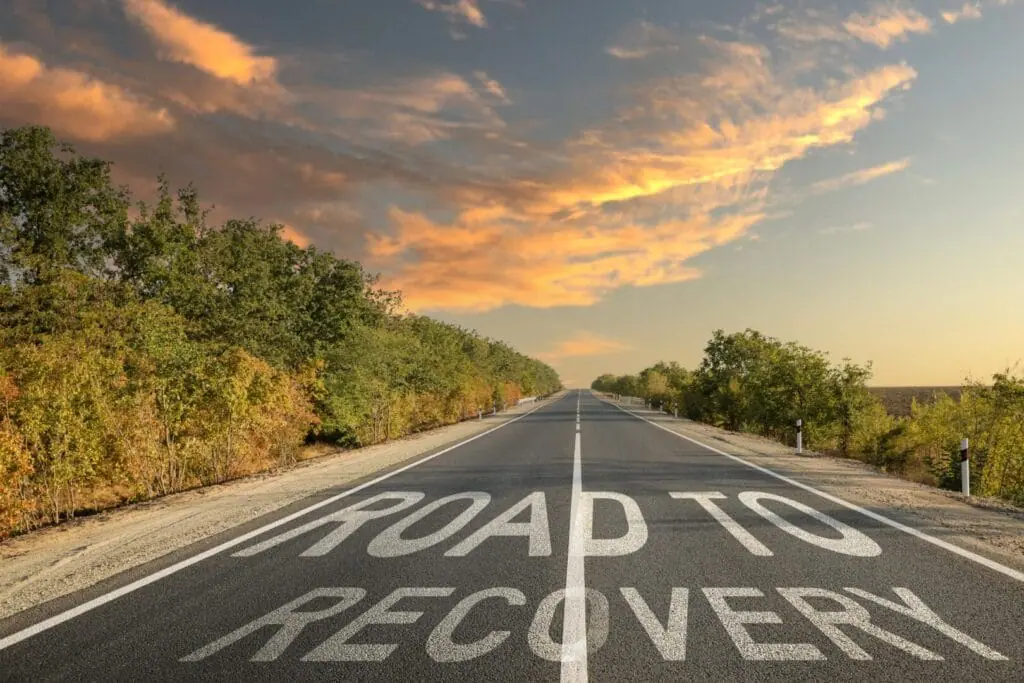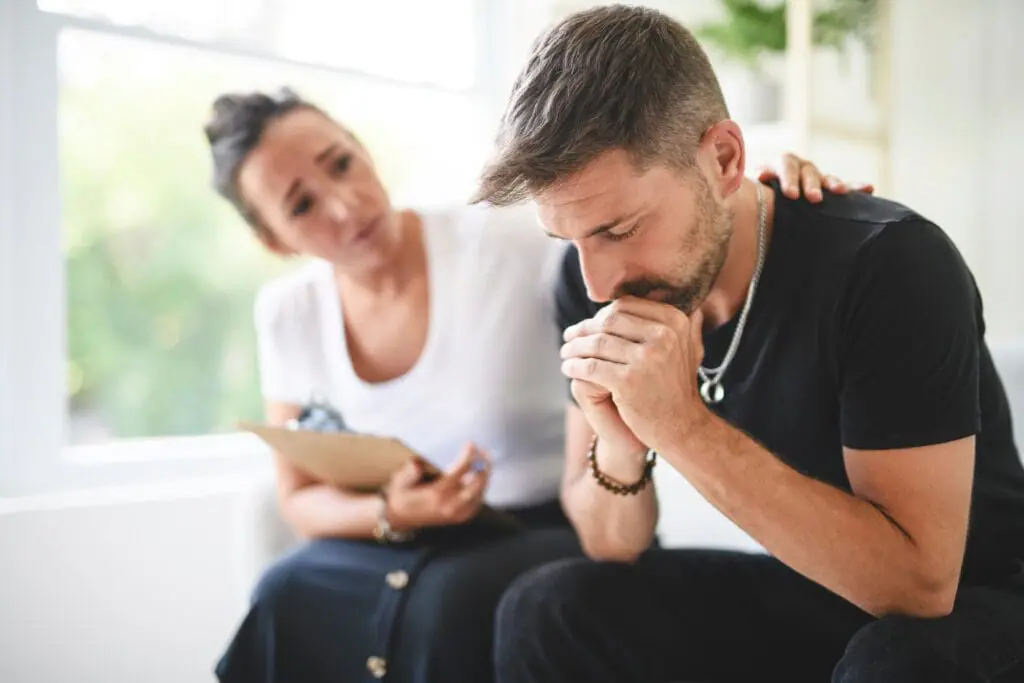In the journey of recovery from addiction, one of the most challenging aspects is managing cravings and urges, especially in the early stages. Whether you’re seeking detox, considering a detox center, or dealing with dual diagnosis issues, understanding how to handle these cravings is essential for a successful recovery. Our San Diego Detox team will provide you with valuable insights and strategies to effectively manage cravings and urges during the early stages of your recovery.
Understanding Cravings and Urges
Before diving into the strategies, it’s crucial to comprehend what cravings and urges are and how they manifest in individuals undergoing recovery. Cravings are intense desires for a substance, while urges are the actions or behaviors that follow these desires. Both can be overwhelming, but understanding their nature is the first step in managing them effectively.
Benefits of a Detox Center
Detoxification (detox) is often the initial step in addiction recovery. It helps eliminate the substance from your body and allows you to start your journey with a clean slate. A detox center provides professional medical supervision and support during the detox process. Here, we’ll explore the advantages of choosing a detox center and how it can assist you in coping with cravings and urges.
Strategies for Managing Cravings
Now, let’s delve into practical strategies to manage cravings and urges effectively. These strategies can be a lifeline during the early stages of recovery:
Recognize Triggers
Identify the situations, people, or emotions that trigger your cravings. Awareness is the first step in controlling them.
Distract Yourself
Engage in activities that divert your attention away from cravings. Whether it’s a hobby, exercise, or spending time with loved ones, distraction can be powerful.
Practice Mindfulness
Mindfulness techniques can help you stay present and manage cravings as they arise. Deep breathing, meditation, and mindfulness exercises can be incredibly effective.
Seek Support
Connect with a support system, whether it’s a therapist, support group, or a sponsor. Sharing your struggles can be a significant relief.
Healthy Lifestyle Choices
A balanced diet and regular exercise can help stabilize your mood and reduce the intensity of cravings.
Medication-Assisted Treatment
In some cases, medication prescribed by a medical professional can assist in reducing cravings and urges.
Coping with Dual- Diagnosis
If you are dealing with a dual- diagnosis, which includes a mental health issue alongside addiction, it’s essential to address both aspects simultaneously. This section discusses the importance of comprehensive treatment.
Take Your Next Steps
Managing cravings and urges in early recovery is undoubtedly challenging, but it’s a critical phase of your journey towards a healthier life. By understanding the nature of cravings, seeking professional help, and employing effective strategies, you can overcome these obstacles and pave the way for a successful recovery. Whether you’re considering detox, a detox center, or facing dual diagnosis issues, remember that recovery is a journey, and you’re not alone.
FAQS
What is the difference between cravings and urges in addiction recovery?
Cravings are intense desires for a substance, while urges refer to the actions or behaviors that follow these desires. Cravings are thoughts, while urges are actions.
Can mindfulness really help in managing cravings?
Yes, mindfulness techniques can be highly effective in managing cravings. They help individuals stay present and reduce the intensity of cravings.
How can I find a suitable detox center?
You can find a detox center by researching online, seeking recommendations from healthcare professionals, or contacting addiction helplines.
Is medication-assisted treatment a long-term solution?
Medication-assisted treatment can be a part of a comprehensive recovery plan, but its duration and effectiveness vary from person to person.
What should I do if I have a dual diagnosis?
If you have a dual diagnosis, it’s crucial to seek treatment that addresses both your addiction and mental health issues. Comprehensive care is essential for a successful recovery.
Resources
https://www.niaaa.nih.gov/alcohols-effects-health/overview-alcohol-consumption/what-standard-drink
https://www.drugfreeworld.org/drugfacts/alcohol/short-term-long-term-effects.html
https://www.ncbi.nlm.nih.gov/pmc/articles/PMC2913110/
https://www.webmd.com/mental-health/addiction/understanding-alcohol-abuse-symptoms






